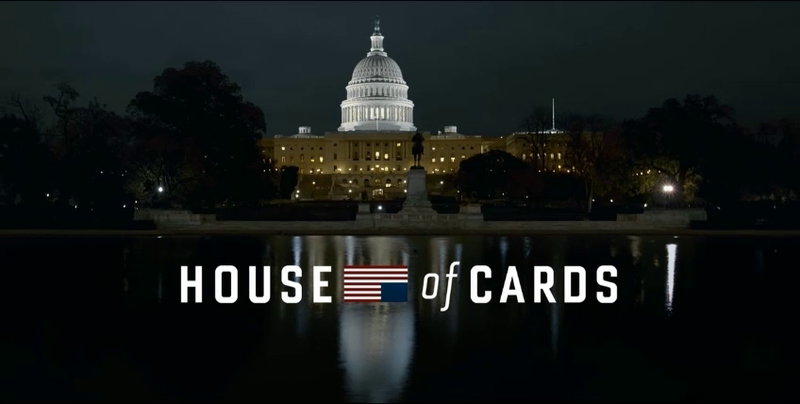In the last decade, DVDs and online streaming services such as Netflix and Xfinity have breathed life into cancelled shows by repackaging them into a marathon format and introducing them to new audiences.
Unique shows that experimented with the medium of television such as “The Wire,” “Arrested Development,” and “Freaks and Geeks” failed to draw enough viewers to keep them afloat during their initial runs, but have become wildly popular with fans after their cancellation.
These sleeper hits thrive on word of mouth. Glowing personal recommendations push people to watch shows that are less conventional and palatable than what they may be used to, because they push the envelope with fresh content and original style.
For all these reasons, a conscious effort to elevate the marathon format could free up the medium of television for bold, fresh creative ventures. In theory, if a show was filmed and released in one fell swoop, it would not be dependent on ratings and artificial boundaries, such as sweeps week. Instead of using gratuitous cliffhangers to keep audiences tuning in, a show released as a package could unfold at its own pace and develop its own style.
Thus Netflix’s landmark release of David Fincher’s “House of Cards” symbolizes a new era for this genre of ingenious television that is so prone to cancellation. However, “House of Cards” bears no resemblance to the shows that consistently break the hearts of fans.
“House of Cards” is an experiment in form but not in content. Yes, after careful research, the Netflix team decided that a marathon format was what viewers wanted. But they didn’t stop there. With “House of Cards,” Netflix has reached new heights of personalized consumerism by giving audiences precisely what they want, down to the genre, director, and lead actor.
Using their recommendation technology to tailor-make television for a niche audience, Netflix has revolutionized television for the modern, self-aggrandizing, convenience-worshipping cultural mindset. Its focus on target demographics and media consumption trends brings to mind the calculated appeal of the generic sitcoms and dramas peddled and buried by studios year after year.
Because it panders itself to the desires of its audience instead of showcasing a unique voice, “House of Cards” is fun, addictive, engaging, soulless, and ultimately forgettable. There is no unified community of “House of Cards” fans, nothing for them to discuss beyond agreeing that the show is enjoyable. Any conversation is plagued with careful maneuvering around spoilers, and you talk about “House of Cards” like you would talk about a good movie — enthusiastically, but briefly.
The release of “House of Cards” brings to mind the recent Kickstarter campaign of the “Veronica Mars” movie. “Veronica Mars”, a drama about a teenage detective that was cancelled in 2007, was another quirky series with a rabid fan base that snowballed in popularity after its original run. Director Rob Thomas had been trying for years to persuade Warner Brothers, which owns the rights to the franchise, to fund a “Veronica Mars” movie. In mid-March, he and the “Veronica Mars” cast started a Kickstarter campaign for two million dollars, which quickly exceeded its goals and prompted Warner Brothers to greenlight the film.
This was an incredibly controversial venture. Kickstarter is designed to facilitate the funding of independent projects. Thomas is not the first director to use it to fund a movie, but “Veronica Mars” is the first corporate-owned movie to seek crowdsourced funding. While your average indie movie has no expectations of financial profit, it is very likely that the “Veronica Mars” movie will be extremely lucrative for Warner Brothers, with no cost to them and no legal obligation to the film’s true sponsors.
Like Netflix, Warner Brothers has tapped into the strange niche of cult television by exploiting technological advances designed to facilitate the production and distribution of independent artists’ work. Increasingly, 21st century innovations such as Internet streaming and Kickstarter herald a new age for entertainment, and hint at the possibility of destroying the static studio system and bringing audience directly to creator. And yet, corporations have proved themselves equally savvy in this new field.
Who will truly profit from the modern distribution and financial models is yet to be seen.

